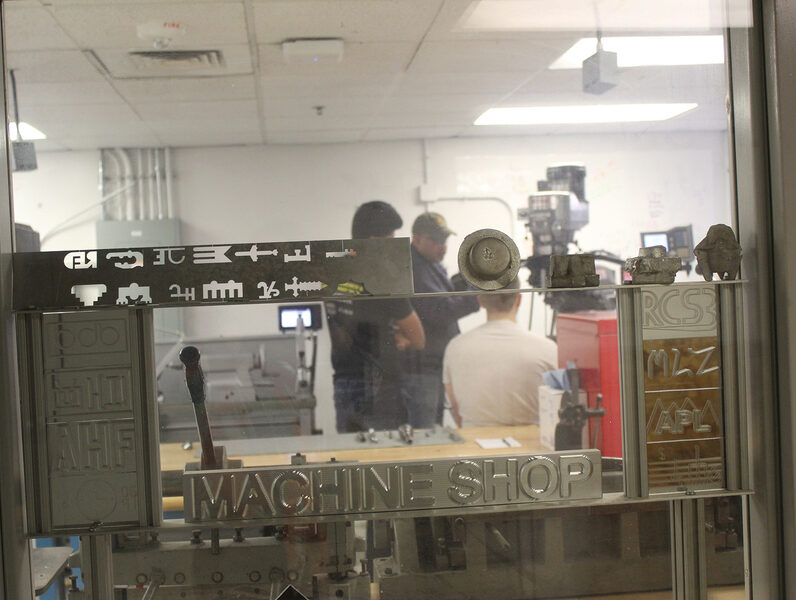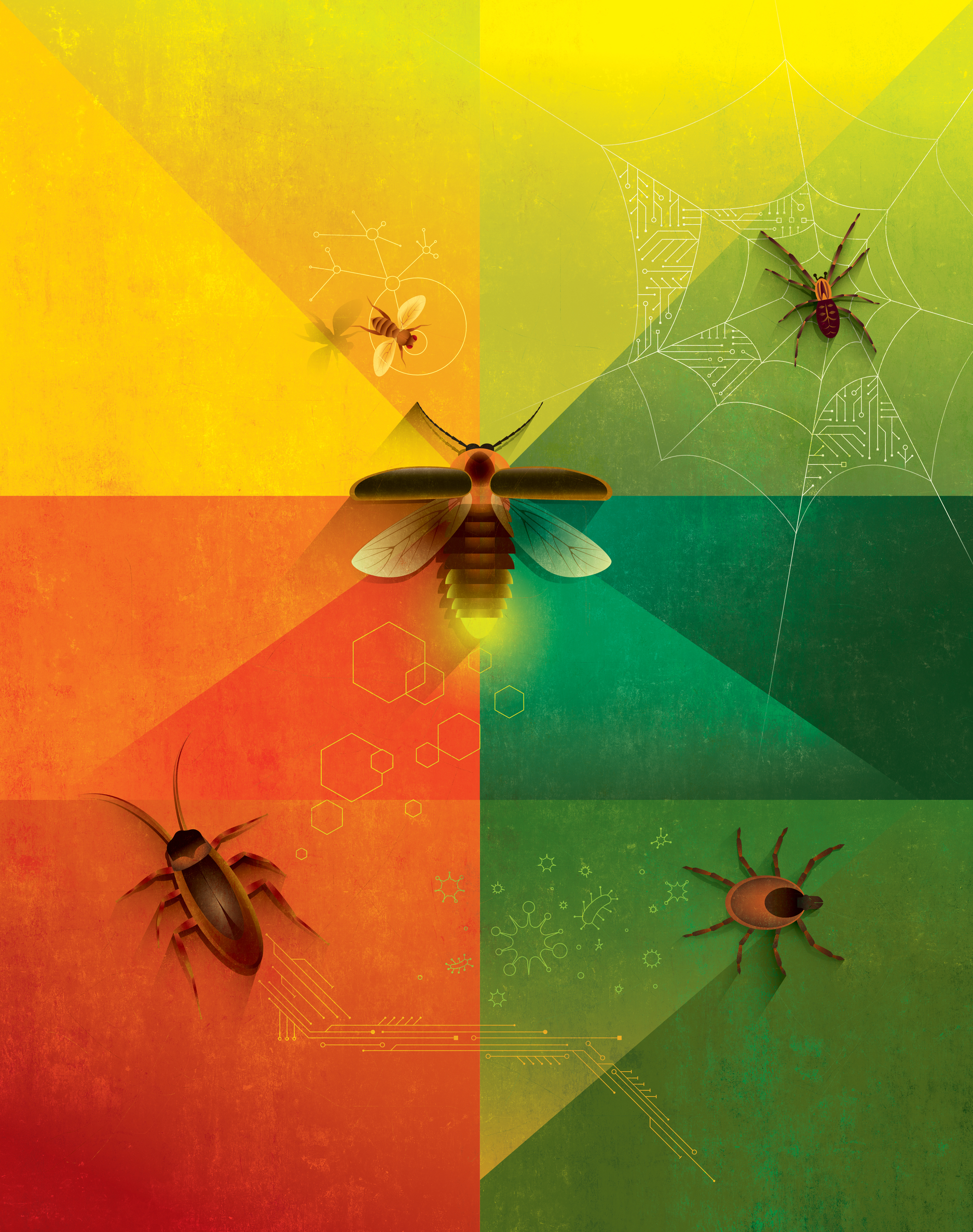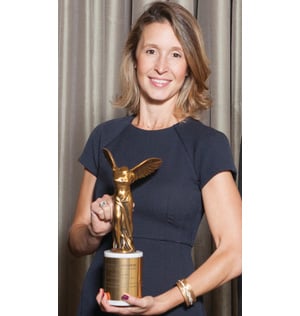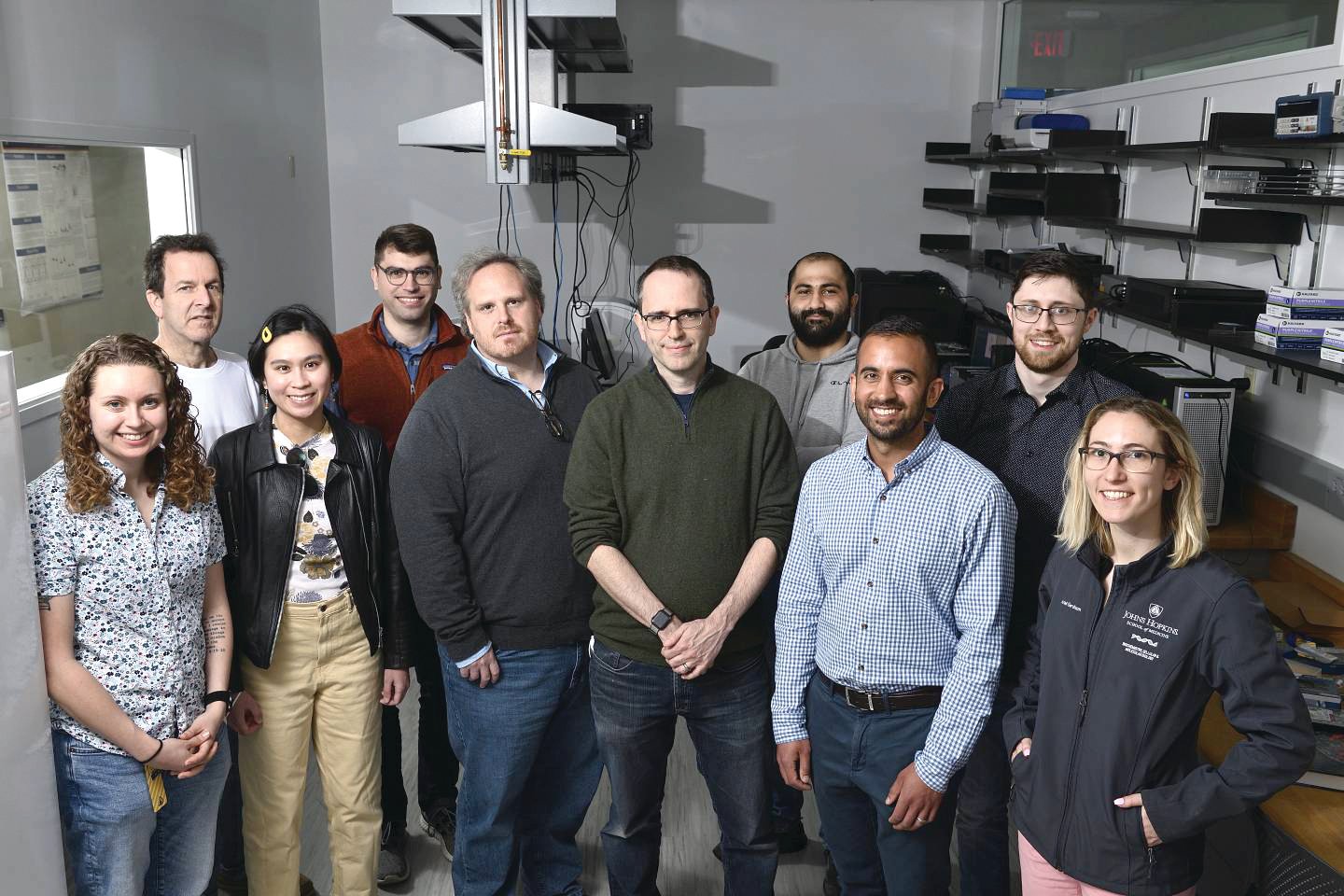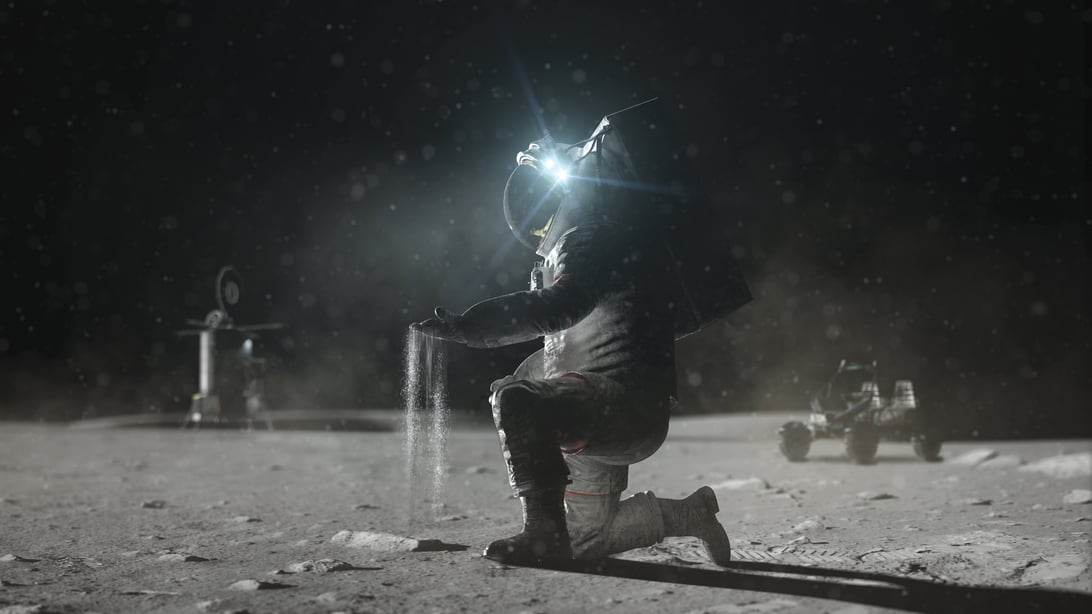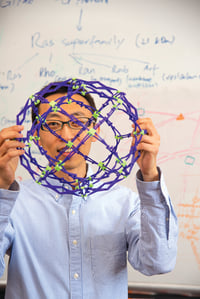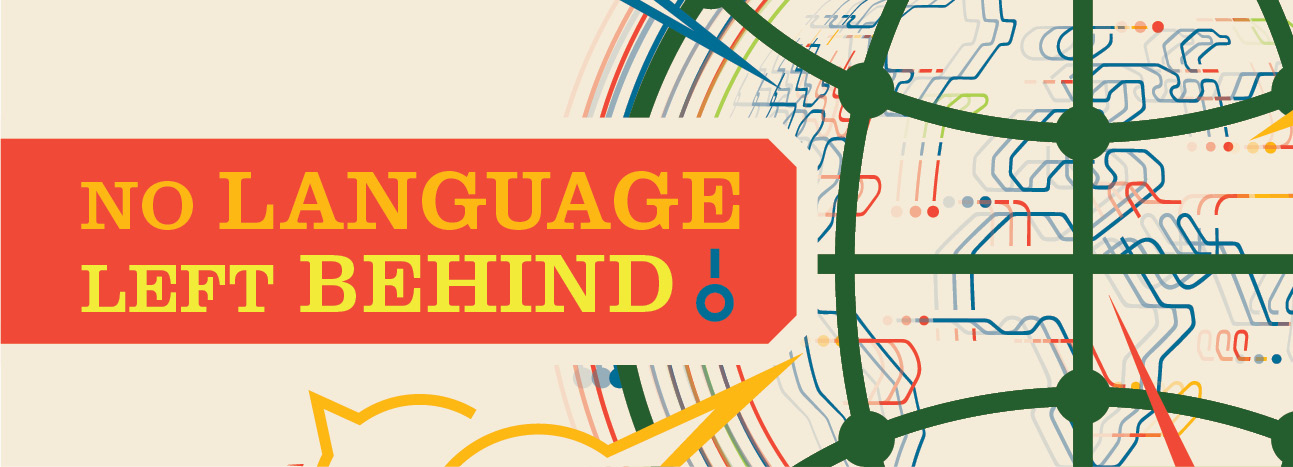
No Language Left Behind
Four billion people around the world speak languages not served by Siri, Alexa, or chatbots—to the detriment of global public health, human rights, and national security. Here’s how our experts are leveraging artificial intelligence to achieve digital equity for people the world over.


